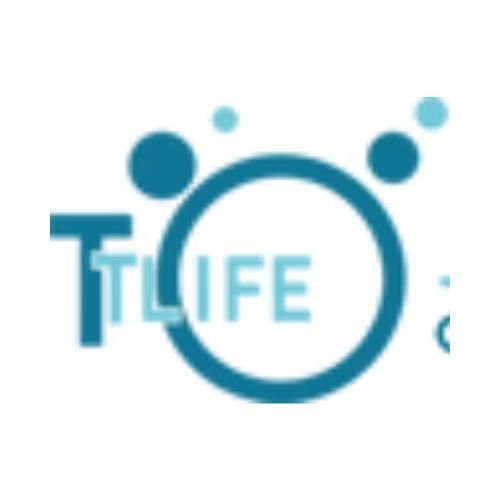Overview
ClickUp is a comprehensive productivity platform designed to streamline project management, task tracking, and collaboration. Founded in 2017, the company is headquartered in San Diego, California. ClickUp serves a broad range of industries, from startups to large enterprises, offering a highly customizable workspace for teams of all sizes.
It offers robust mobile applications available on both iOS and Android, enabling users to manage their workflows on the go with real-time updates and notifications.
Currently, ClickUp attracts around 15 million monthly visits globally. The platform's largest user bases come from the United States, India, United Kingdom, Canada, and Australia, reflecting its strong presence in English-speaking markets and growing adoption worldwide.
Pricing Policy
Free Plan: Yes, ClickUp offers a free plan with unlimited users and tasks. This plan includes essential features such as 100MB storage, 24/7 support, two-factor authentication, and access to over 100+ integrations, making it suitable for individuals and small teams starting out.
Free Trial: Paid plans come with a 14-day free trial, allowing users to explore advanced features without immediate commitment. There is no credit card required upfront, providing a risk-free opportunity to evaluate the platform.
Pricing Tiers:
- Unlimited Plan: Starts at $5 per user per month (billed annually). Includes unlimited storage, integrations, dashboards, and guests, along with advanced collaboration features.
- Business Plan: Priced at $12 per user per month (billed annually). Offers advanced automation, goal tracking, time tracking, and custom exporting capabilities for mid-sized teams.
- Business Plus Plan: Available at $19 per user per month (billed annually), this plan adds enhanced security features, increased automation limits, and priority support aimed at larger organizations.
- Enterprise Plan: Custom pricing with tailored features including SSO, dedicated success manager, enterprise-grade security, and advanced permissions designed for complex enterprise needs.
ClickUp bills primarily on a monthly or annual basis, with discounts typically offered for annual commitments. There is no lifetime purchase or pay-as-you-go model; pricing is subscription-based per user license.
Key Features of ClickUp
- Task Management: Highly flexible task creation, assignment, and tracking with custom statuses and dependencies.
- Document Collaboration: Built-in Docs feature enabling real-time editing, embedding, and knowledge base creation.
- Time Tracking: Native time tracking tools and integrations to monitor work hours and billing.
- Custom Views: Multiple view options including List, Board, Calendar, Gantt, and Mind Maps.
- Automation: Workflow automation with customizable triggers and actions to streamline repetitive tasks.
- Integrations: Supports over 1,000 integrations including Slack, Google Drive, Zoom, and more.
- Reporting and Analytics: Real-time dashboards and customizable reporting tools for performance insight.
- Mobile Apps: Full-featured iOS and Android applications optimized for productivity on the move.
Benefits of Using ClickUp
- Increased Productivity: Centralizes multiple work tools into one platform reducing context switching.
- Enhanced Collaboration: Encourages team communication and transparency through shared documents and tasks.
- Customization: Adapts to various workflows, industries, and team structures with high configurability.
- Scalability: Suitable for individual freelancers up to large enterprises due to flexible plans and features.
- Cost Effectiveness: Offers a strong free tier and competitive pricing compared to other project management tools.
- Continuous Improvement: Frequent updates and customer-driven feature additions ensure up-to-date functionality.
Applications of ClickUp
- Project Management: Planning, executing, and tracking project progress across diverse teams.
- Task Tracking: Managing daily work, deadlines, and priorities for individuals and teams.
- Agile Development: Sprint planning, backlog management, and issue tracking with customizable workflows.
- Sales and CRM: Managing pipelines, tracking leads, and automating sales workflows.
- Marketing Campaigns: Coordinating content calendars, campaign tasks, and cross-channel collaboration.
- Remote Work Management: Facilitating communication and productivity for distributed teams worldwide.









 Quick Links
Quick Links